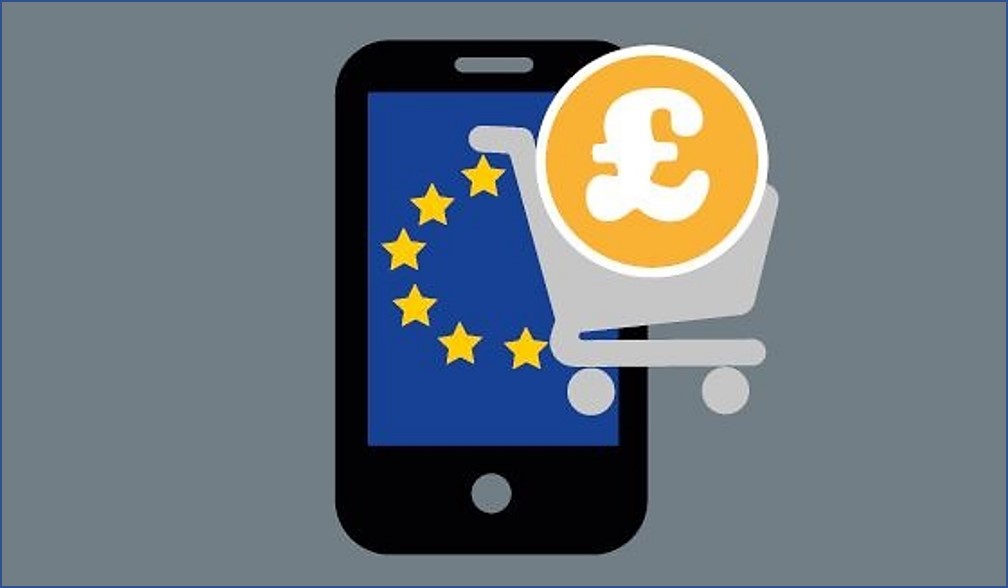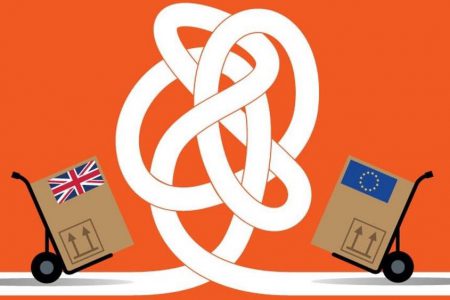A number of practical VAT and duty issues have emerged which were not wholly obvious in the lead-up to Brexit. Here's a summary to assist business decision-making over the coming months.
25 May 2021
Since 1 January 2021, the VAT landscape when dealing with EU member states has changed dramatically and all businesses should ensure they understand the new rules, especially as they can differ from country to country within the EU.
VAT refund process
To submit a VAT refund claim, several EU member states (including Spain, Italy and France) now require UK businesses to appoint a fiscal representative, which can make the process expensive.
In light of this, businesses incurring a lot of VAT in the EU may want to rethink their VAT strategy. They may need to build in an extended timescale for getting refunds or simply budget on the basis that they won’t be able to recover VAT, which could push up costs by 20%.
Other options include partnering with an existing EU-based business or setting up a company VAT registration in the EU (Ireland and the Netherlands have proved popular choices so far).
From July 2021, UK suppliers of low-value goods (less than €150) to online consumers across the EU must register for a new scheme to account for applicable EU VAT. Customers will pay VAT at the point of sale based on their place of residence, so websites and accounting systems will have to be able to cope with multiple VAT rates applying to the sale of their goods. Northern Ireland (NI ) businesses are subject to different rules.
Duty deferment accounts
Despite early misunderstanding of new post-Brexit arrangements, UK duty deferment accounts are not required for importing goods into Great Britain (GB) from the EU.
Firstly, most GB- and EU-origin goods are exempt from customs duty. In addition, GB VAT- registered businesses importing to GB can use the newly introduced postponed import VAT accounting to deal with any import VAT due on imported goods.
This removes the requirement to pay VAT to GB Customs at the border – instead the importing business accounts for the import VAT on its VAT return calculation.
The duty exemption applies only if the appropriate rules of origin are met. Goods must therefore not only be produced in the EU but also consist of a majority of raw materials that originate in the EU or GB to benefit from the zero-tariff rate.
For example, if a GB company imports goods into GB from China and then sells on to customers in the EU, there will be two instances where customs duty will apply. GB businesses should therefore consider customs simplification procedures such as customs warehousing in GB or having a base somewhere in the EU to limit customs duty costs on non-EU origin goods.
Northern Ireland
The Northern Ireland Protocol means the way VAT is reported on goods supplied between NI and GB will broadly continue to apply as it did before, so VAT should be charged as if they are domestic UK supplies.
However, the supply of goods between mainland GB and NI (and vice versa) is seen as export and import for VAT purposes. Therefore, mainland GB businesses will need a GB EORI number and NI businesses will need an XI EORI number to import or export goods between the GB mainland and NI. This number must be quoted in the import customs declaration to ensure that any import VAT can be recovered.
EU VAT rules apply to goods moved to or from Northern Ireland to EU member states.
Can we help?
We have been helping many businesses adjust to the UK's new trading relationship with the EU. For more information and help with VAT and customs, please speak with your Shipleys contact or Nancy Cruickshanks – email Nancy
Specific advice should be obtained before taking action, or refraining from taking action, in relation to this summary. If you would like advice or further information, please speak to your usual Shipleys contact.
Copyright © Shipleys LLP 2021












